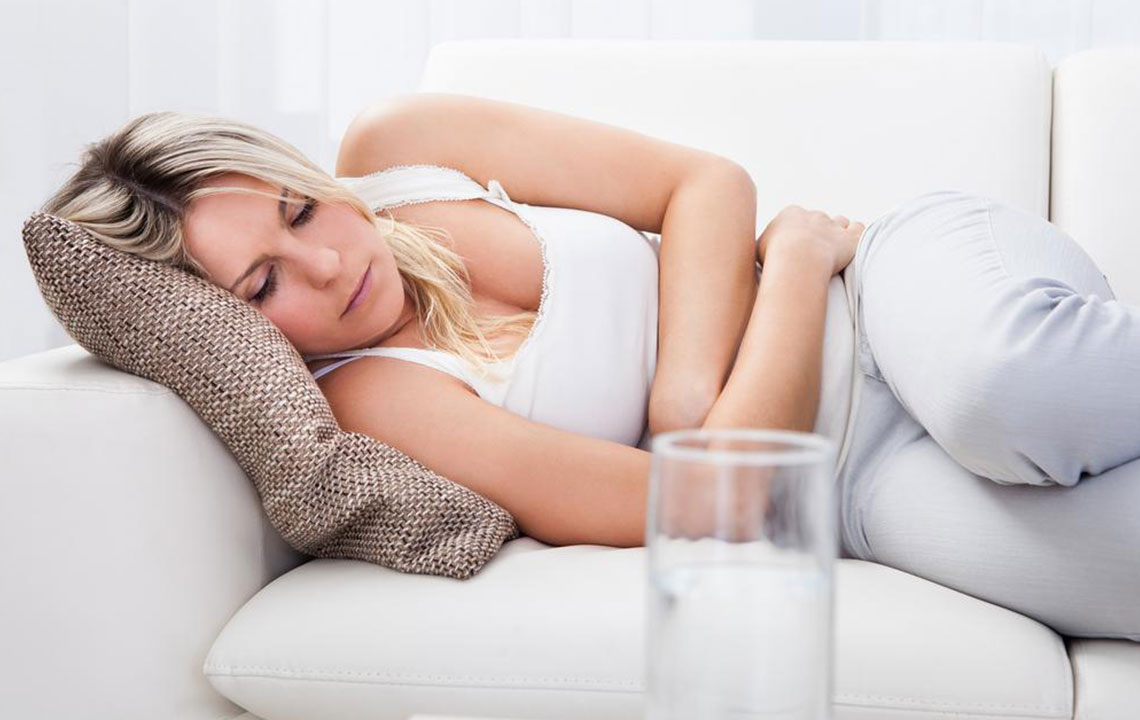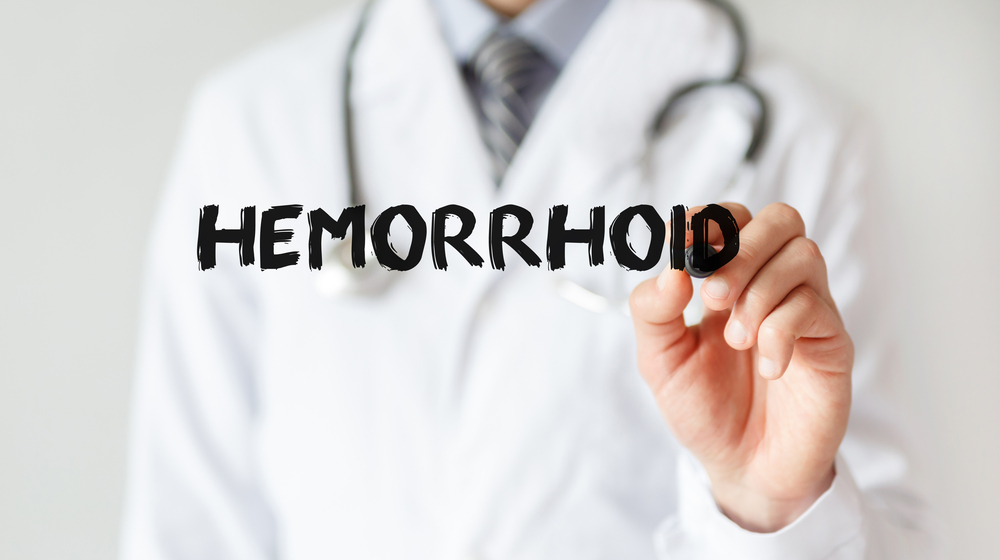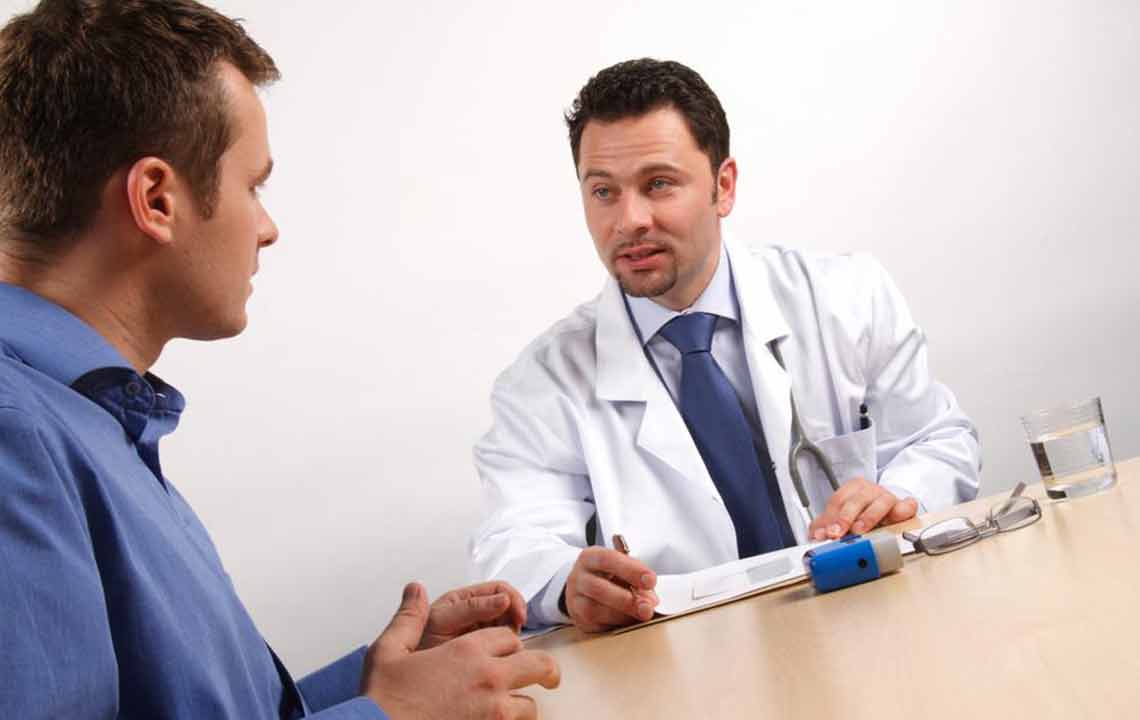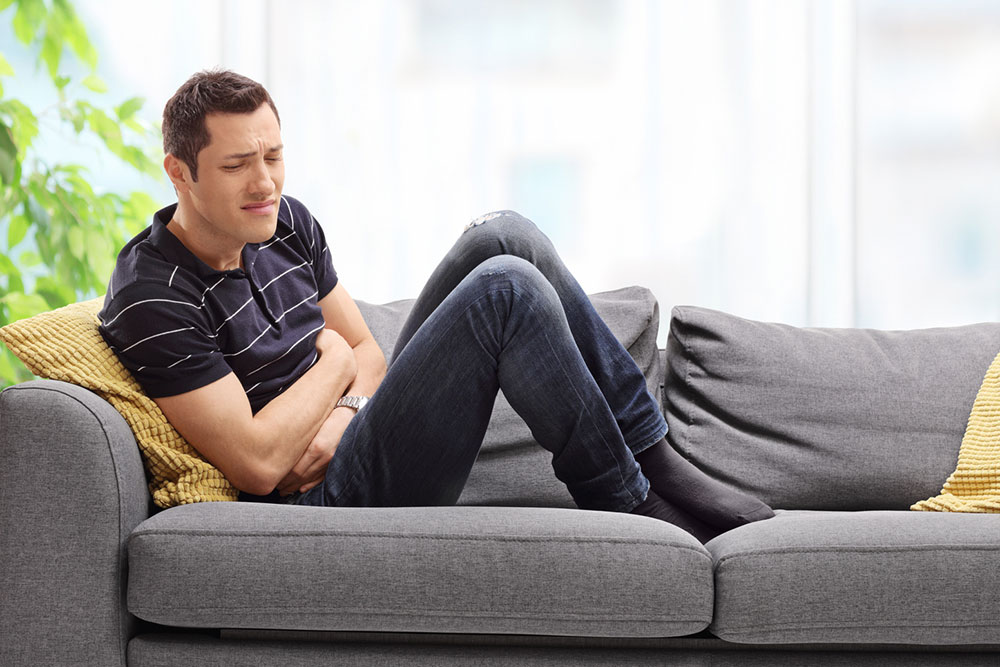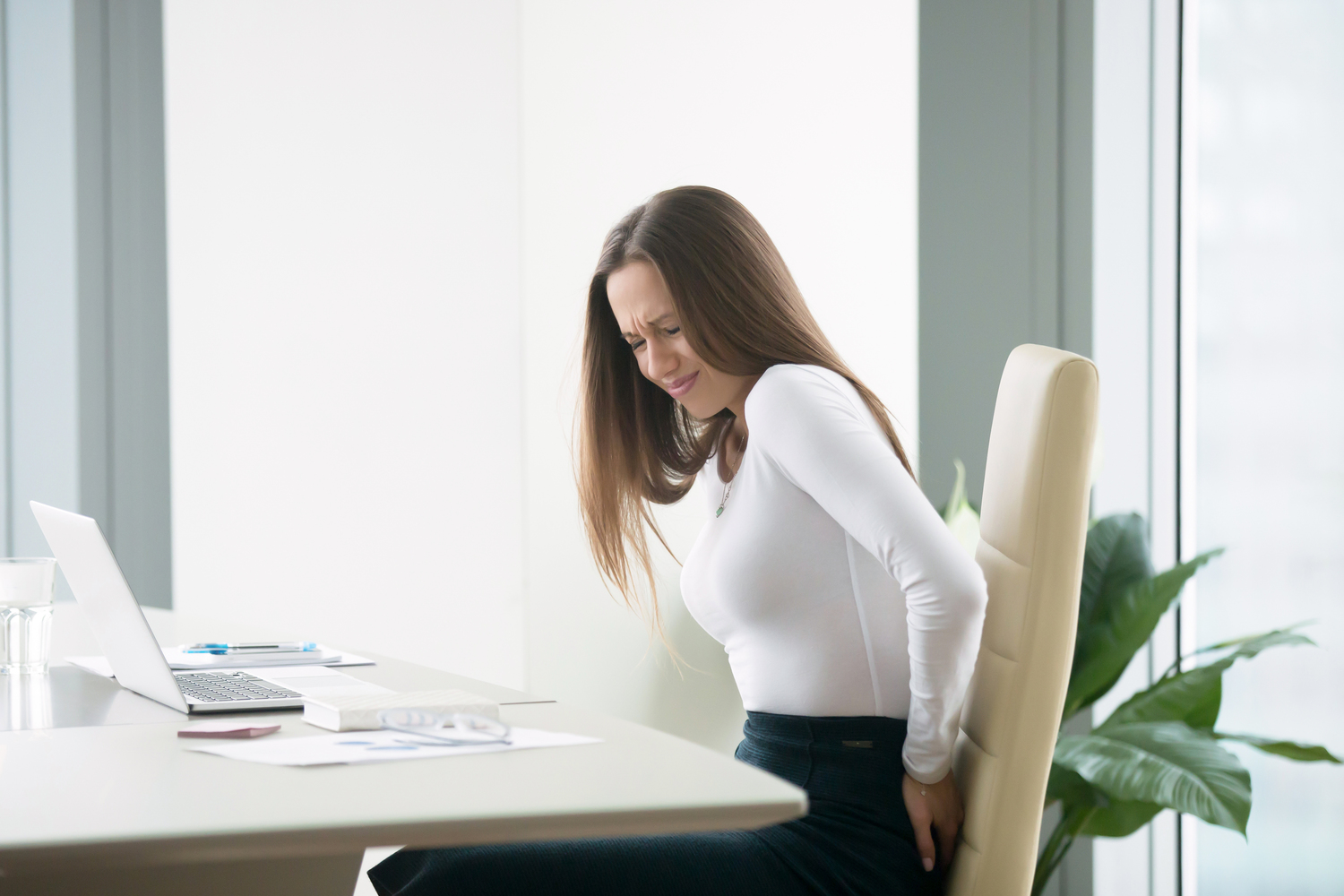Effective Strategies for Managing External Hemorrhoids
Learn effective ways to treat external hemorrhoids with practical home remedies, medication guidance, dietary advice, and lifestyle changes. Early treatment and proper care can alleviate symptoms and prevent condition progression, ensuring quick relief and improved comfort.
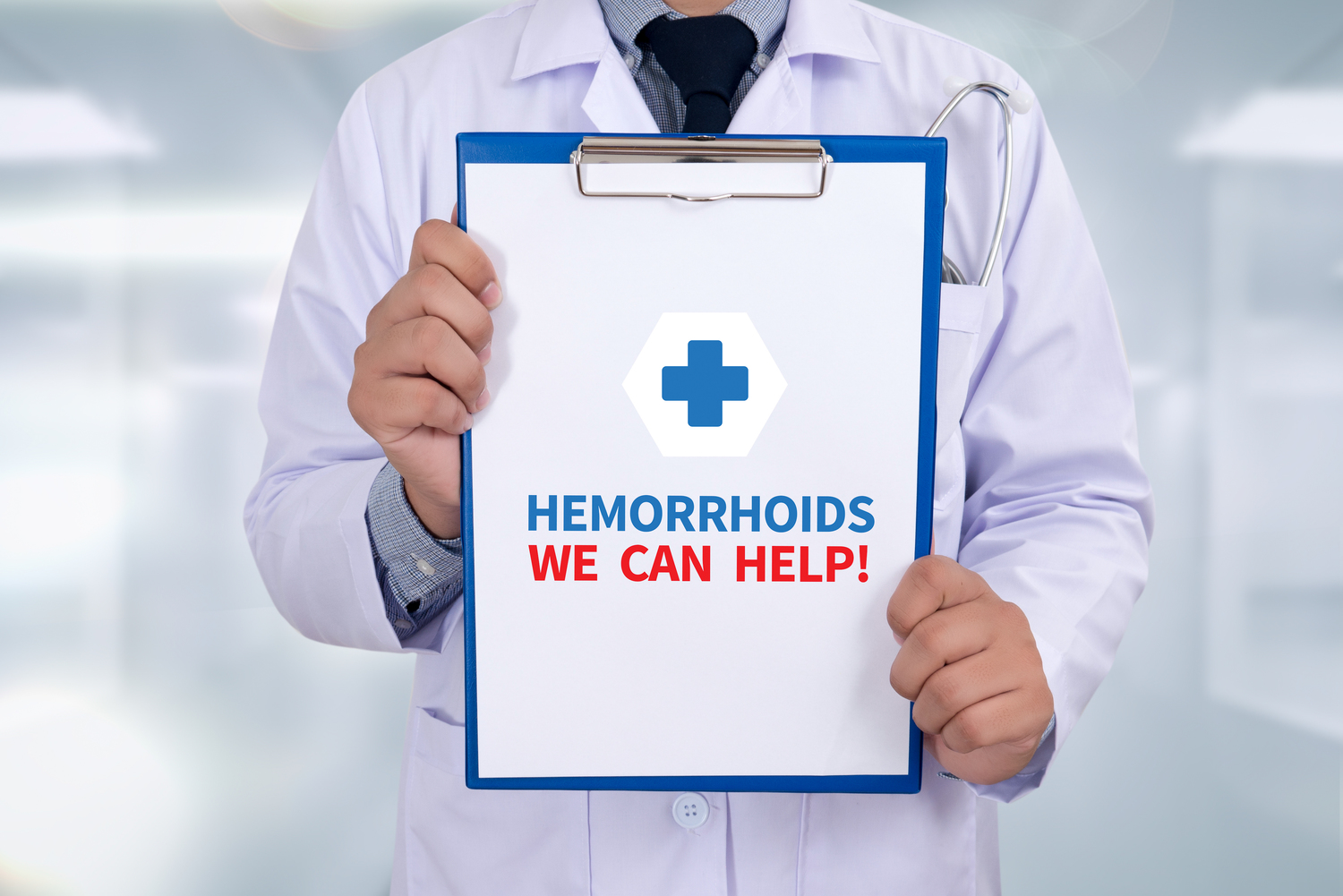
Understanding and Alleviating External Hemorrhoids
External hemorrhoids result from increased pressure and straining during bowel movements, causing the veins around the anus to swell. These swollen veins can be either internal or external, but this article focuses on external hemorrhoids located beneath the skin around the anus. With proper medical attention and lifestyle adjustments, symptoms often improve. Treatment may include over-the-counter remedies and advice from healthcare professionals to reduce discomfort and prevent further issues.
Signs and Symptoms of External Hemorrhoids
Patients commonly experience itching and pain around the anal area.
In some cases, bleeding may occur, with blood visible on toilet paper or in stool, necessitating medical consultation.
Swollen lumps or bumps around the anus are also typical signs, though other health conditions may cause similar symptoms, so professional diagnosis is recommended.
Home Remedies to Ease Discomfort and Pain
Warm sitz baths are highly recommended—immerse the affected area in warm water several times daily, especially after bowel movements, to soothe irritation.
Applying petroleum jelly inside the anus can facilitate easier defecation if there are difficulties.
Cold packs or ice wrapped in a cloth can numb the area and help reduce swelling and pain.
Medications for Symptom Relief
Natural astringents like witch hazel applied directly to the hemorrhoids can alleviate discomfort.
Over-the-counter hydrocortisone creams can diminish inflammation and provide relief; however, these should not be used beyond a week without medical advice.
Dietary Recommendations for Faster Recovery
Increasing fiber intake through fruits, vegetables, whole grains, and nuts promotes regular bowel movements and prevents constipation.
If necessary, stool softeners or supplements can be considered after consulting a healthcare provider.
Should You Use Laxatives? Alternatives and Precautions
It’s advisable to avoid laxatives as they may worsen hemorrhoids, instead focus on drinking plenty of water—at least seven glasses daily—and staying hydrated.
Minimize processed foods and introduce new foods gradually to prevent digestive issues.
Even in severe cases requiring surgery, maintaining a balanced diet and healthy lifestyle is crucial in managing symptoms and avoiding recurrence.

